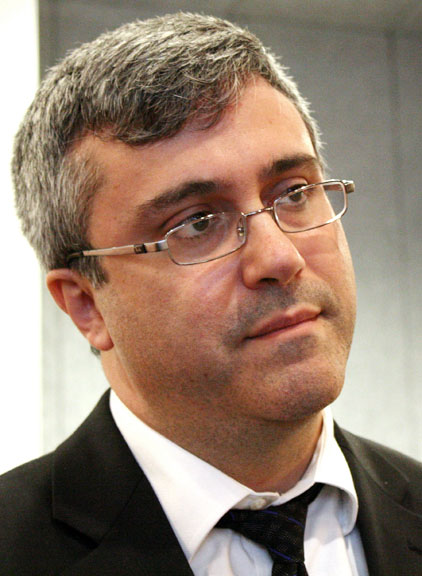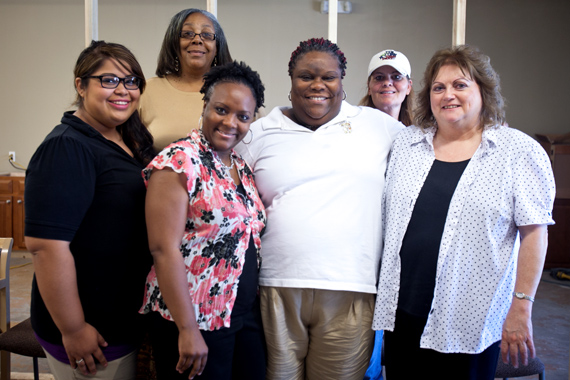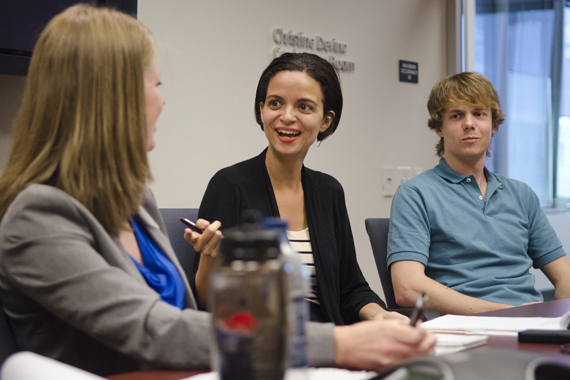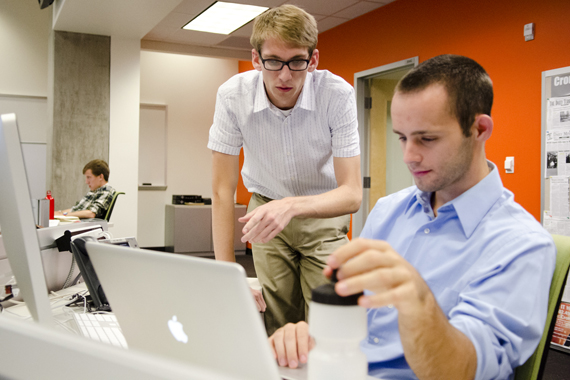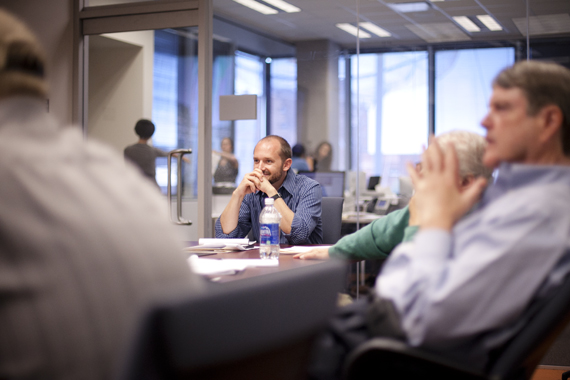The way that Twitter behaved today might leave readers to think there was some kind of ground-breaking, presidential-election related piece of news that broke this morning.
(We kid; we’re well aware of the Supreme Court decision on the constitutionality of the Affordable Care Act.)
Because of that news today, our usual sources for breaking voting rights news are relatively calm. Politicos and political reporters everywhere appear fixated on reactions and press conferences surrounding the 5-4 decision upholding the the landmark health care law.
In a way, this is convenient because we are busy drafting and editing our main stories – not to mention that yesterday was a considerable day in voting rights updates.
What We’ve Been Reading
“Ruling on provisional ballots issue expected by August,” (Laura A. Bischoff, 06/27, Dayton Daily News)
“Florida voter purge may restart after ruling,” (Gary Fineout, 06/27, Associated Press)
“Blood in the Water: Mike Turzai’s Voter ID Remarks,” (Stephen Colbert, 06/27, The Colbert Report)
“The Roberts Court is Born,” (Adam Winkler, 06/28, Huffington Post)
“AALDEF and APABA-PA Hold Press Conference to Explain new PA Voter ID Law’s Impact on Asian-Americans,” (Press Release, 06/28, Asian American Legal Defense and Education Fund)
Twitter Trends
The most noticeable shift among our four key search terms on social media search engine Topsy.com is that dozens of Twitter users have started to “ask” Florida Gov. Rick Scott to stop removing voters from state rolls.
Those tweets were very popular late last month when the controversial vote removal made headlines, but they died after the U.S. Department of Justice halted implementing the law. Yesterday, after District Judge Robert Hinkle ruled that the purge could continue under federal law, the tweets resurfaced.
Does social media activism make a difference?
Plenty of users have tried to spread political and social issues across Facebook, Twitter, Tumblr and other widely used sites. Because individual social media participation serves a largely self-selected audience, it is highly possible that most social activism tweets only get bounced among friends and acquaintances who already agree and have little political clout.
For more voting rights news and updates, follow us @WhoCanVote.

